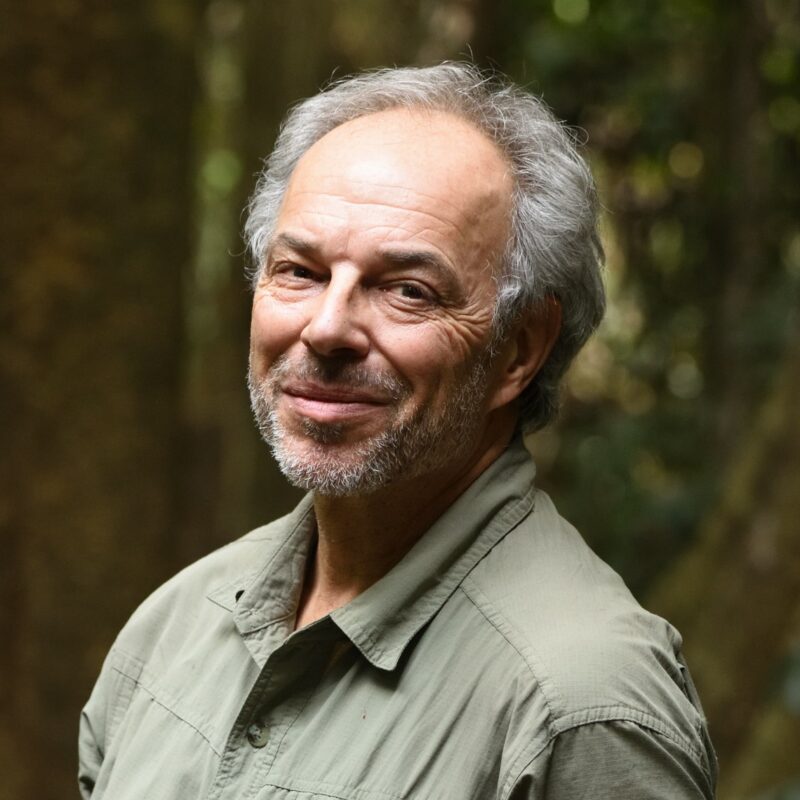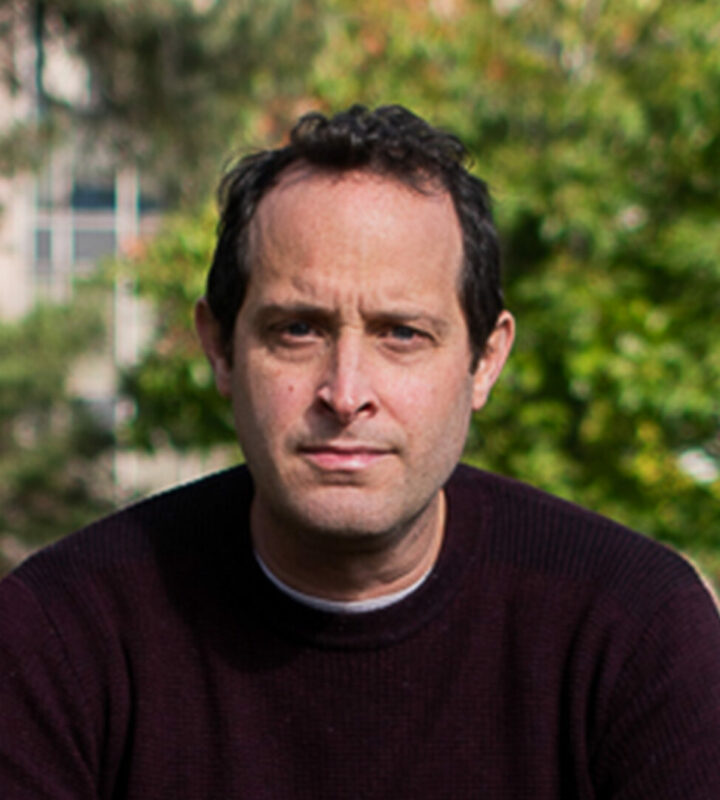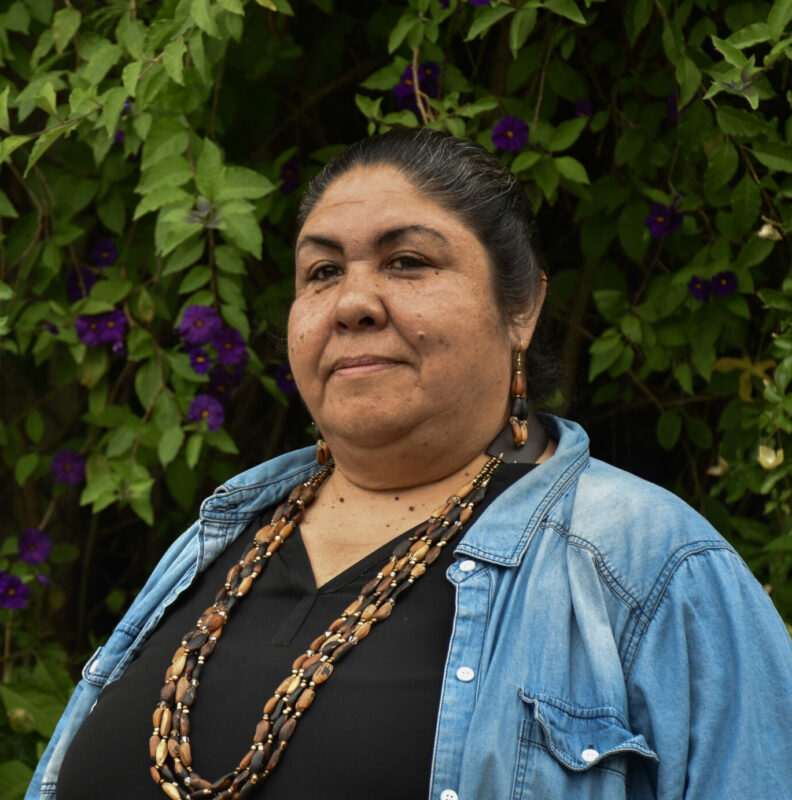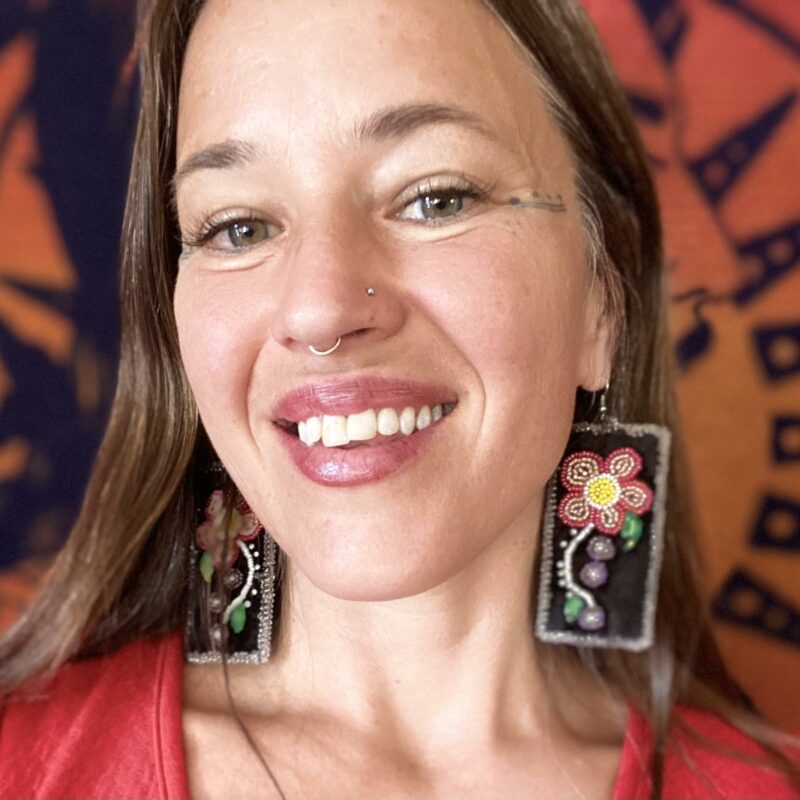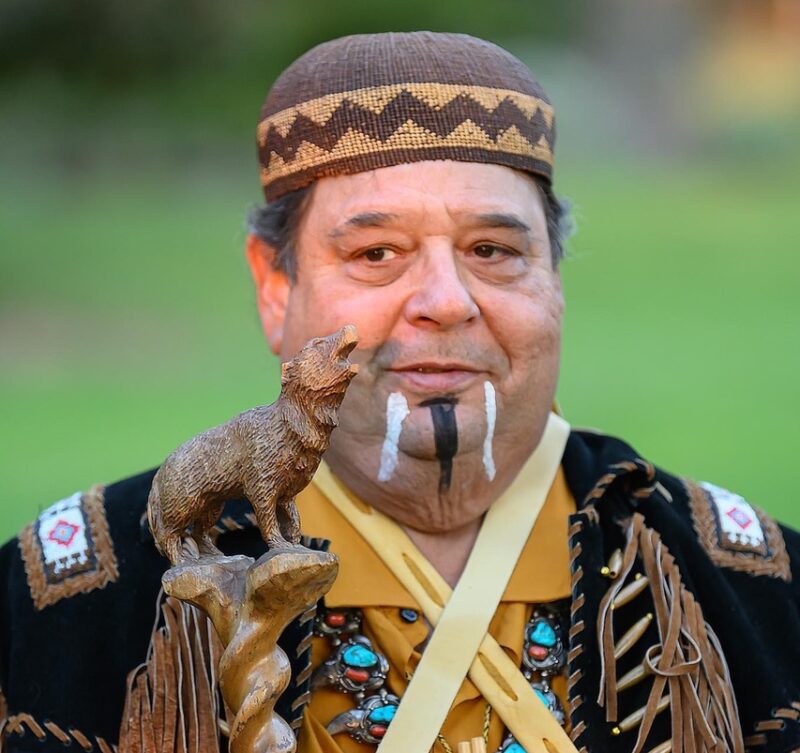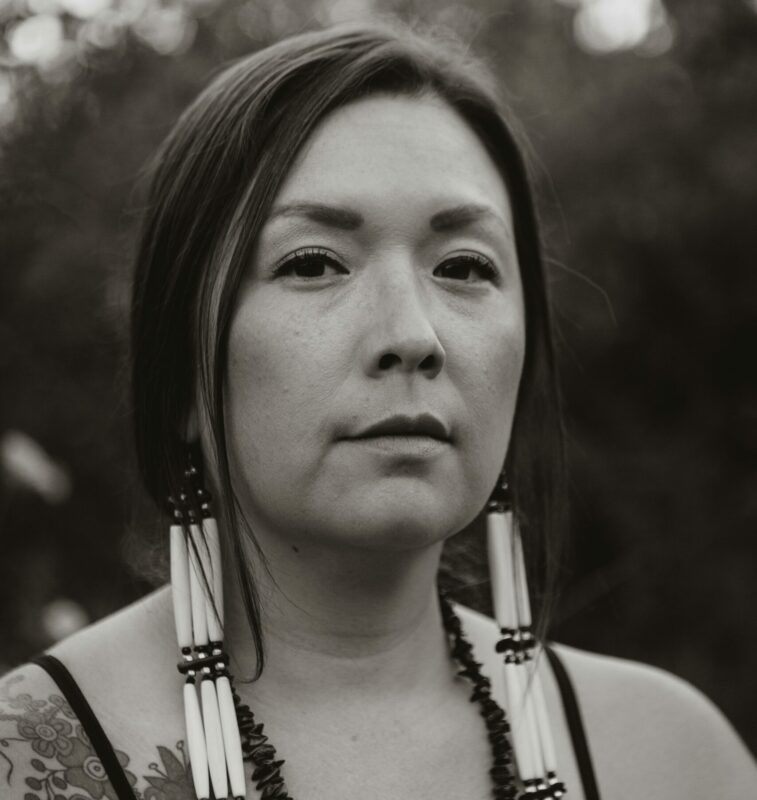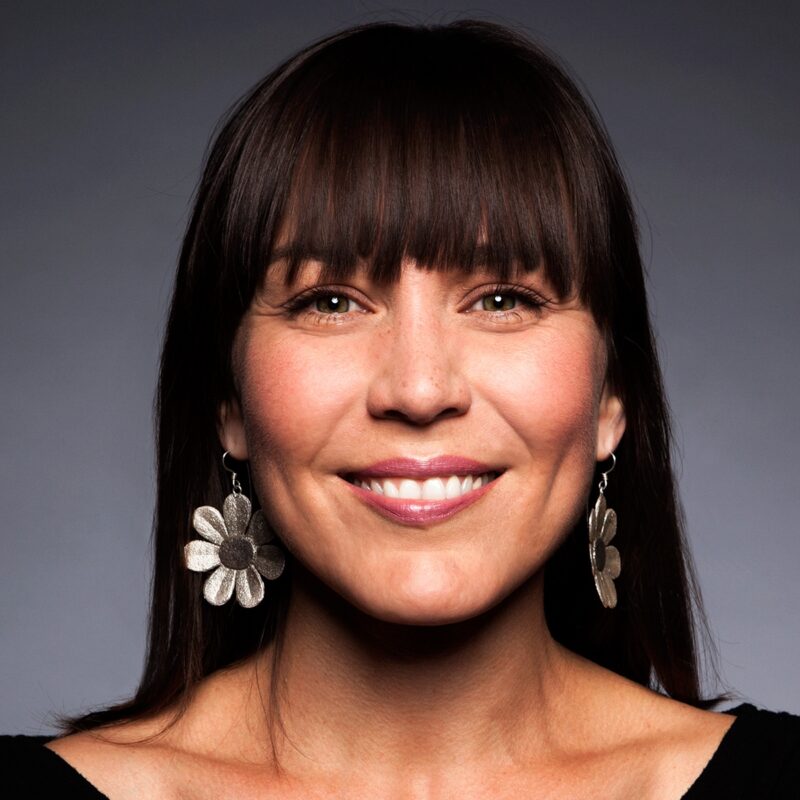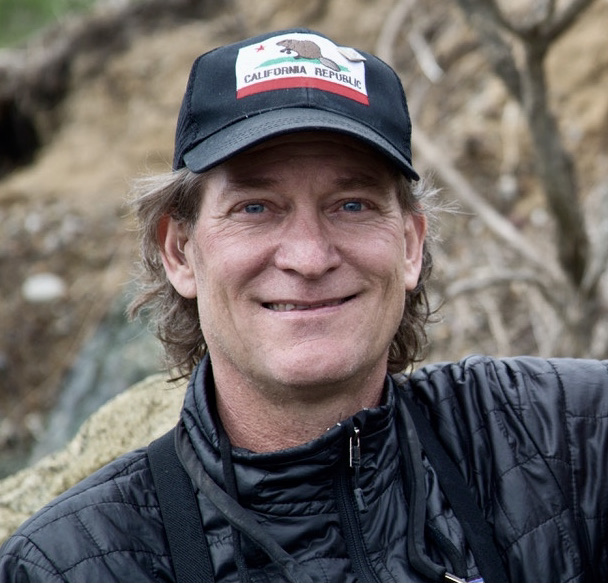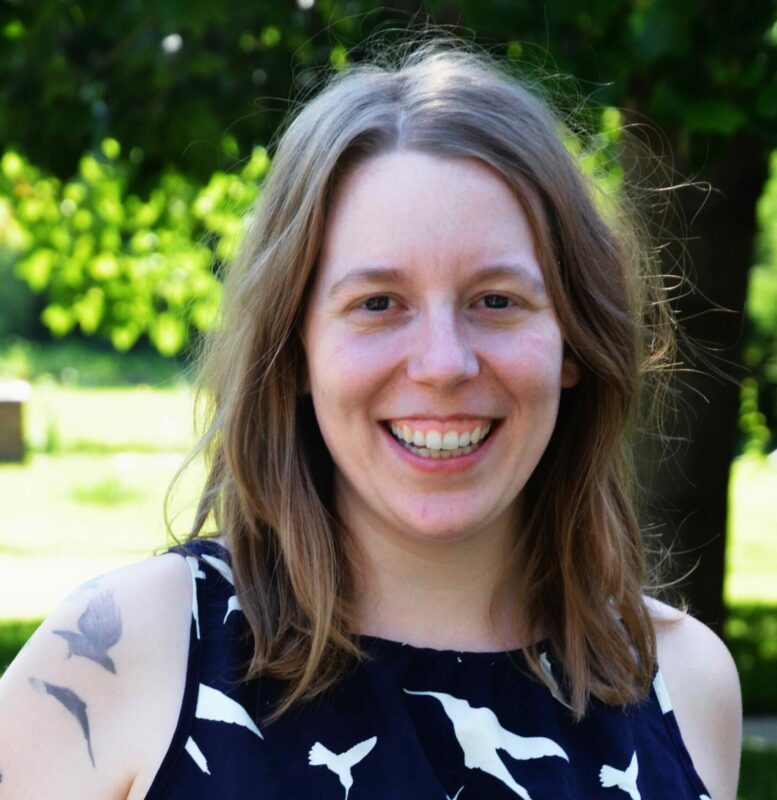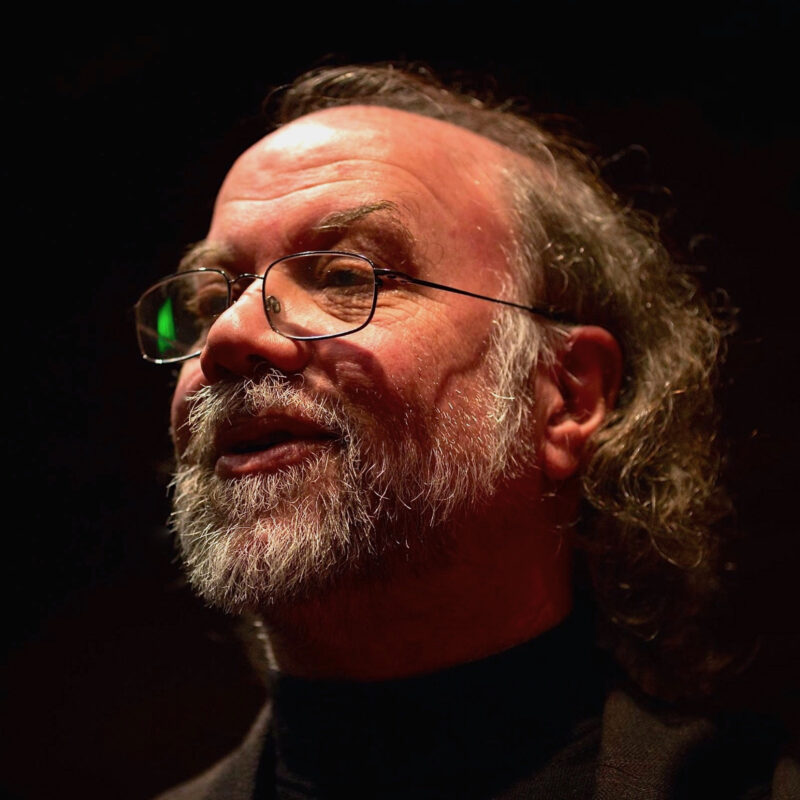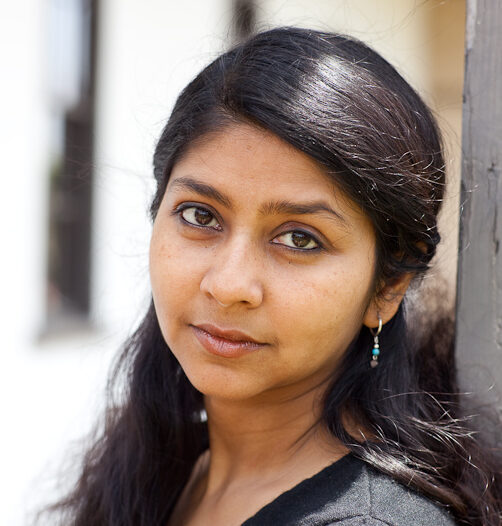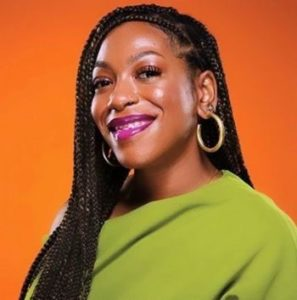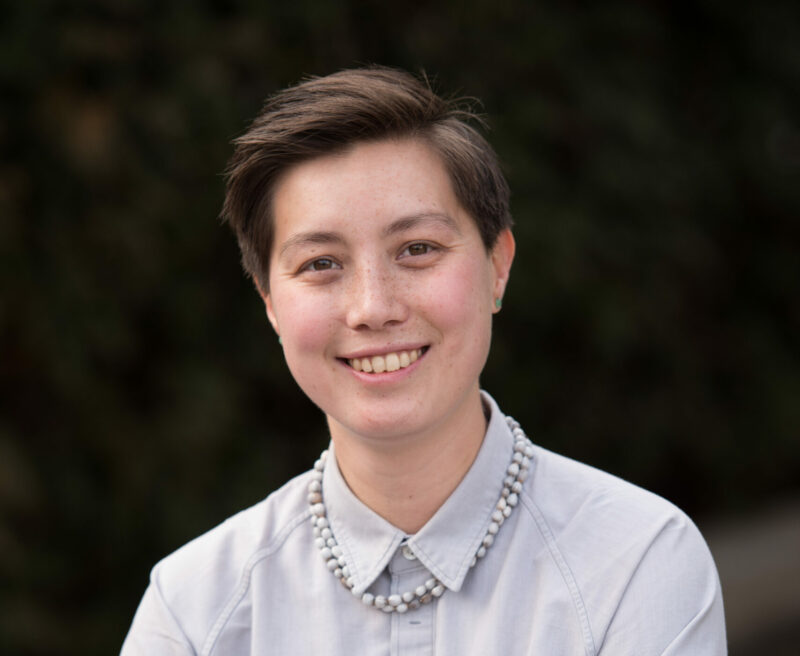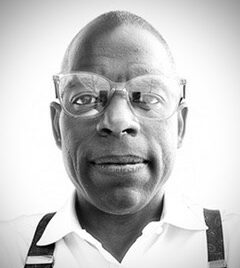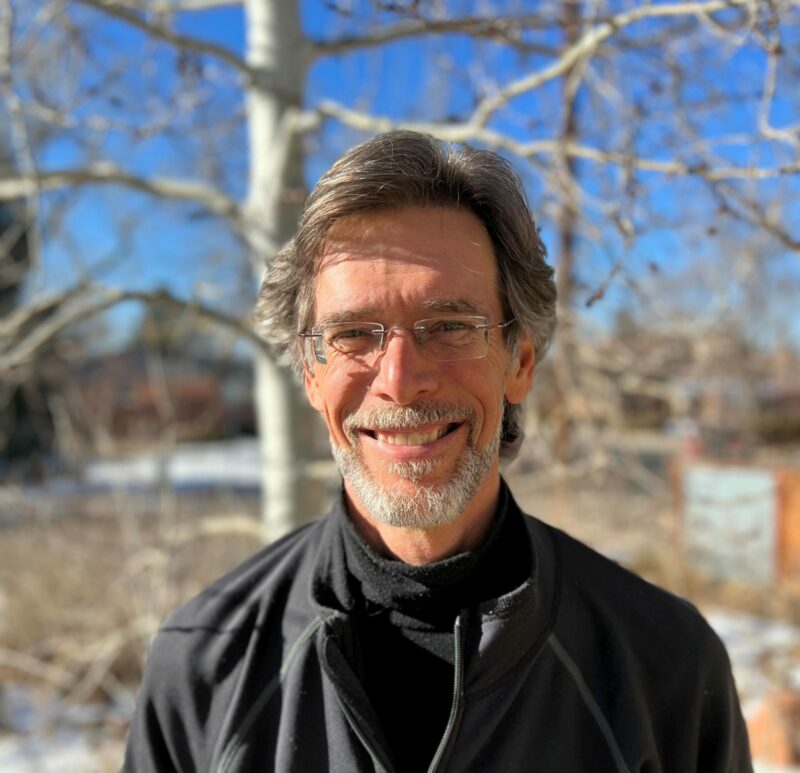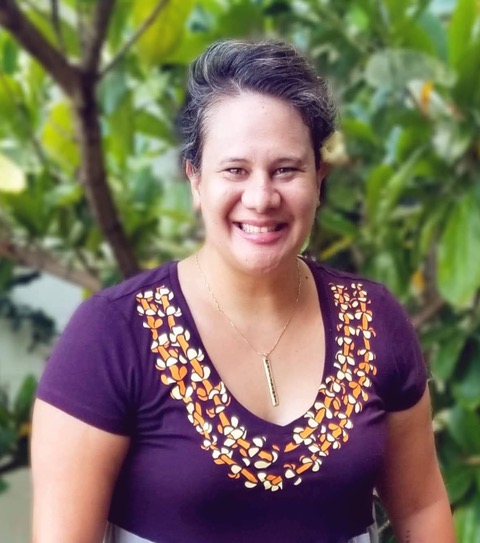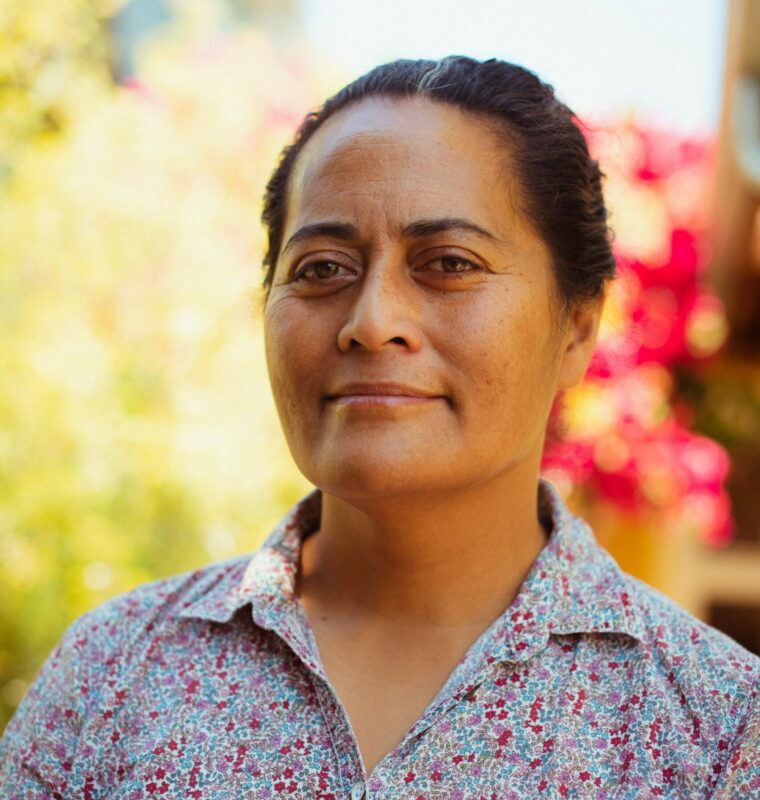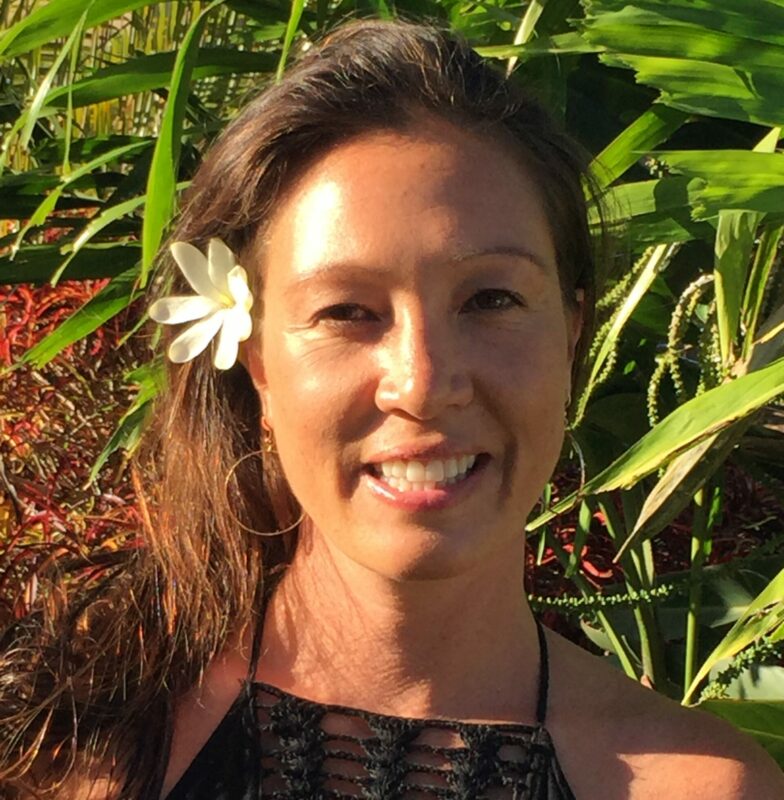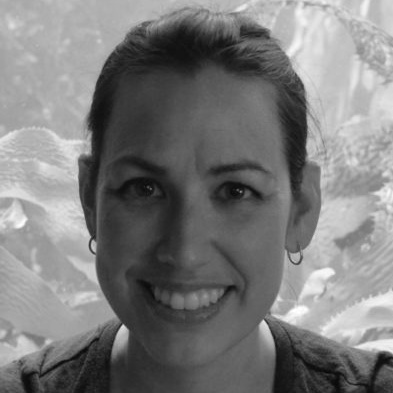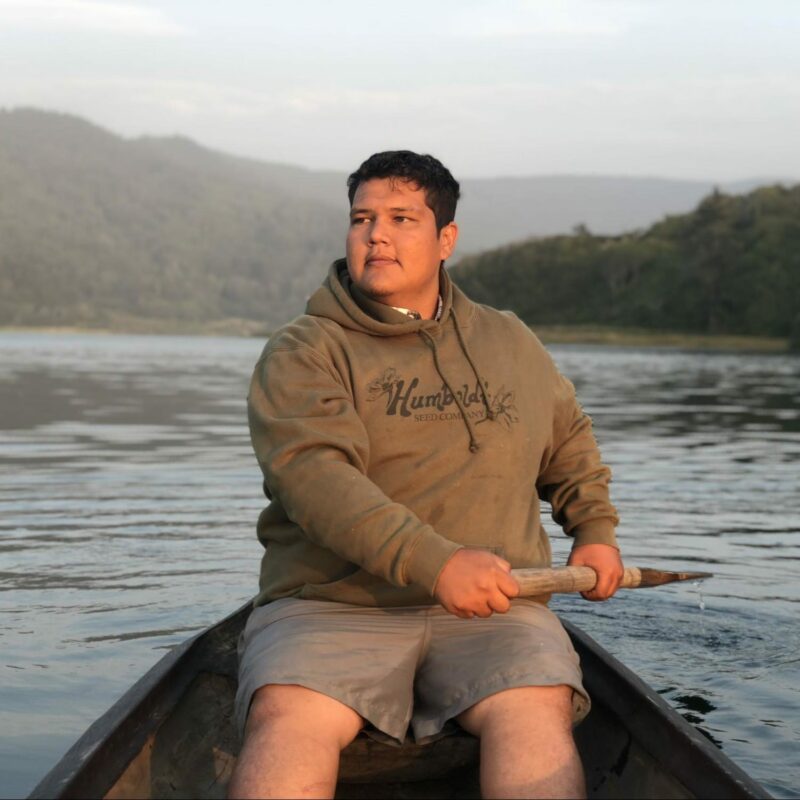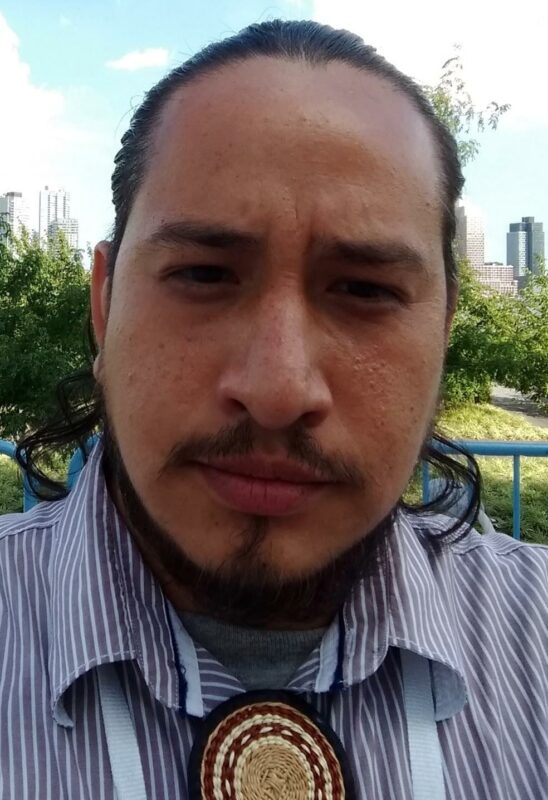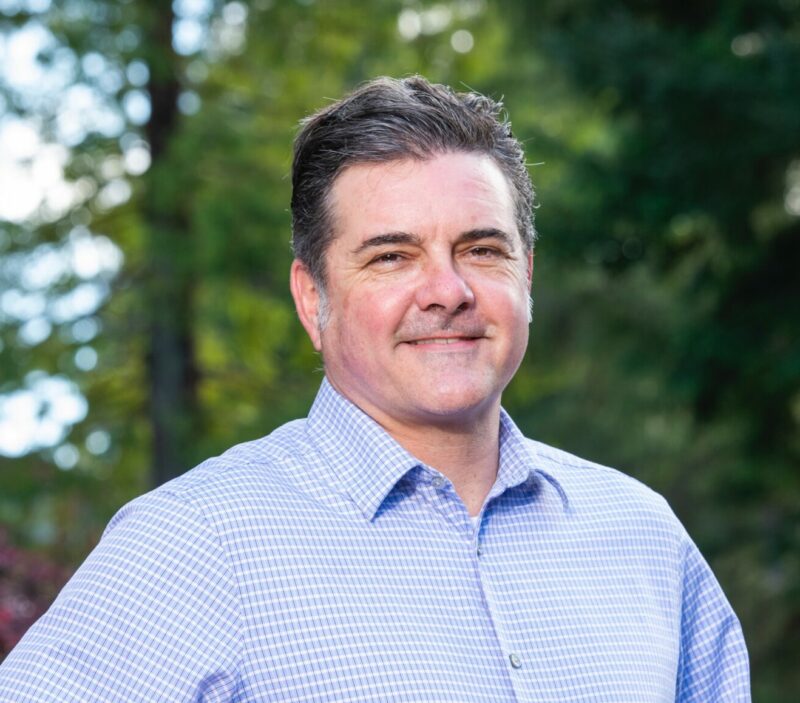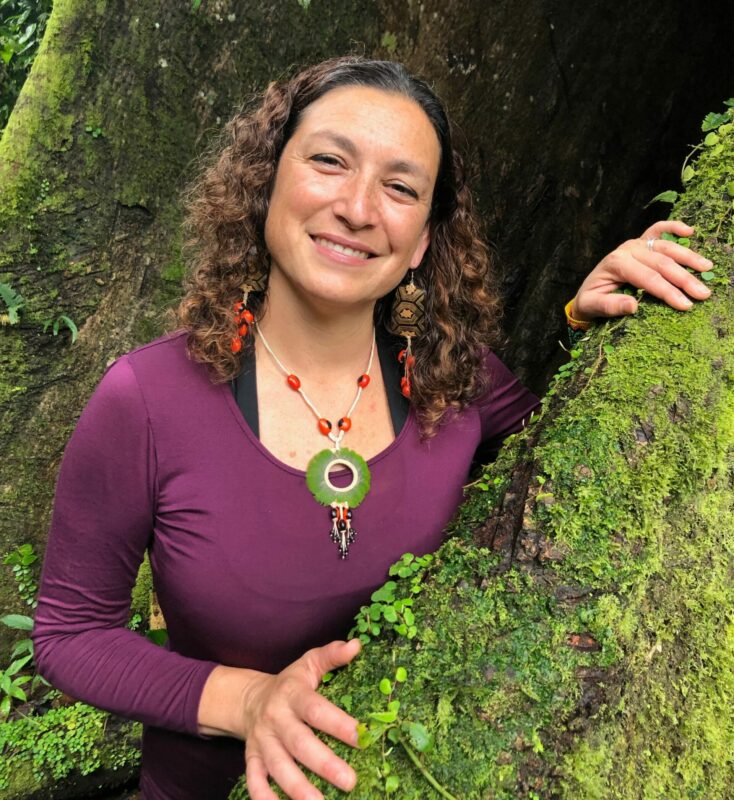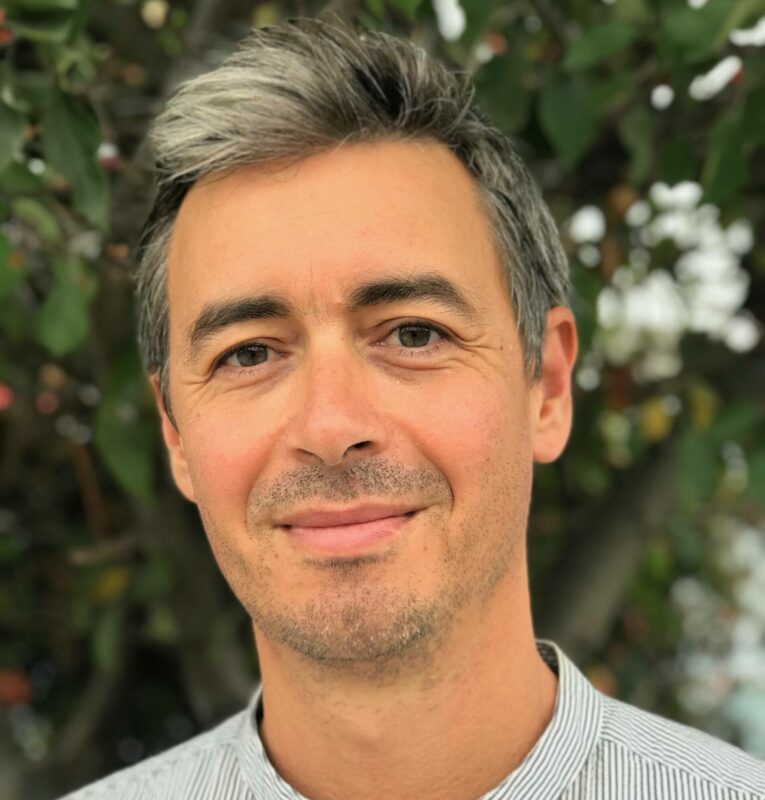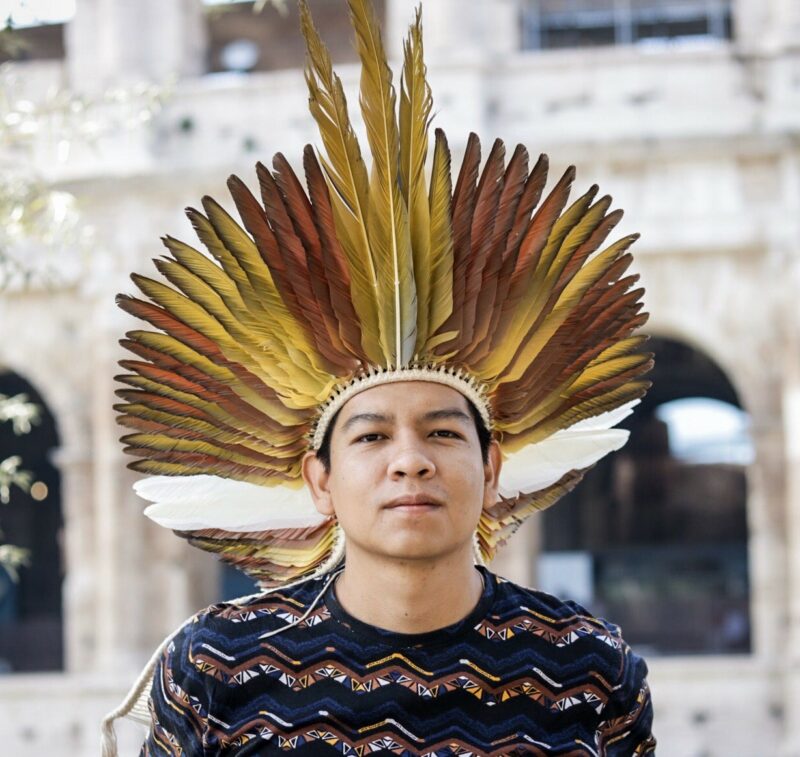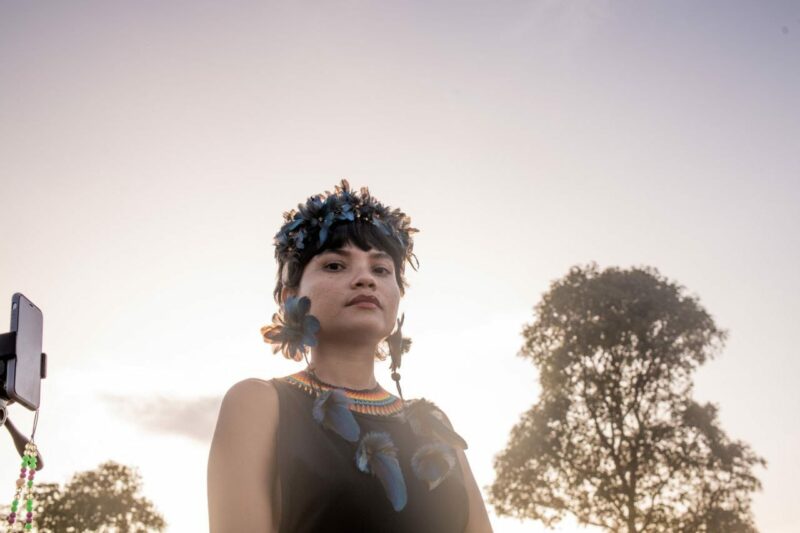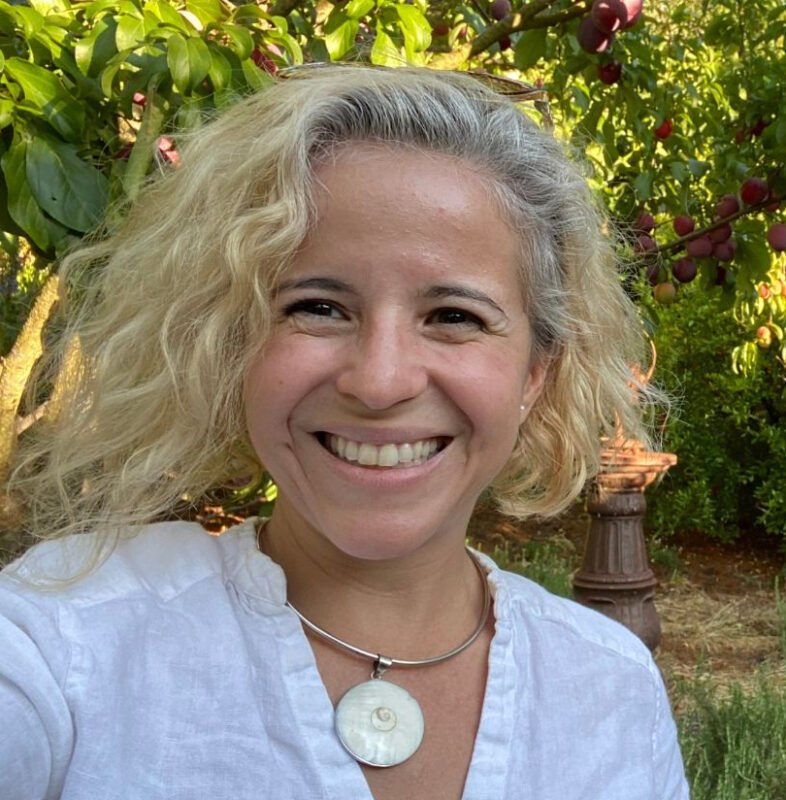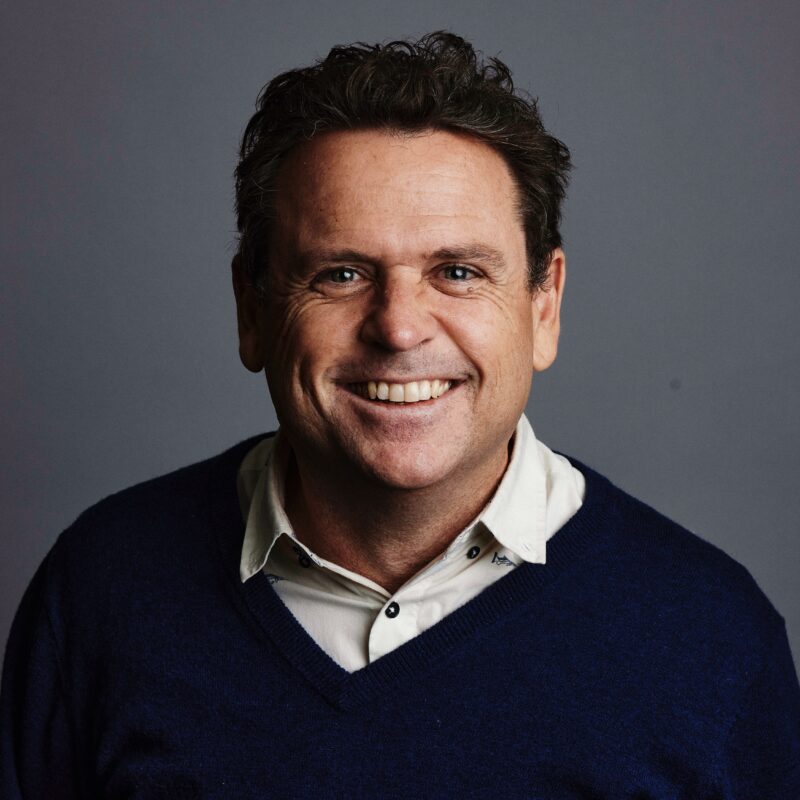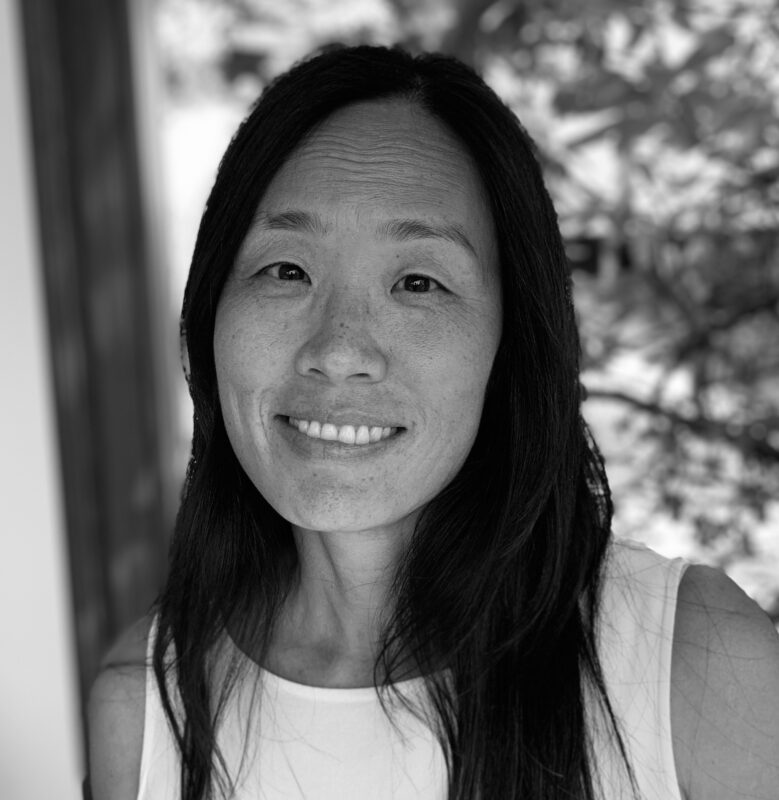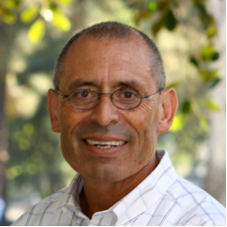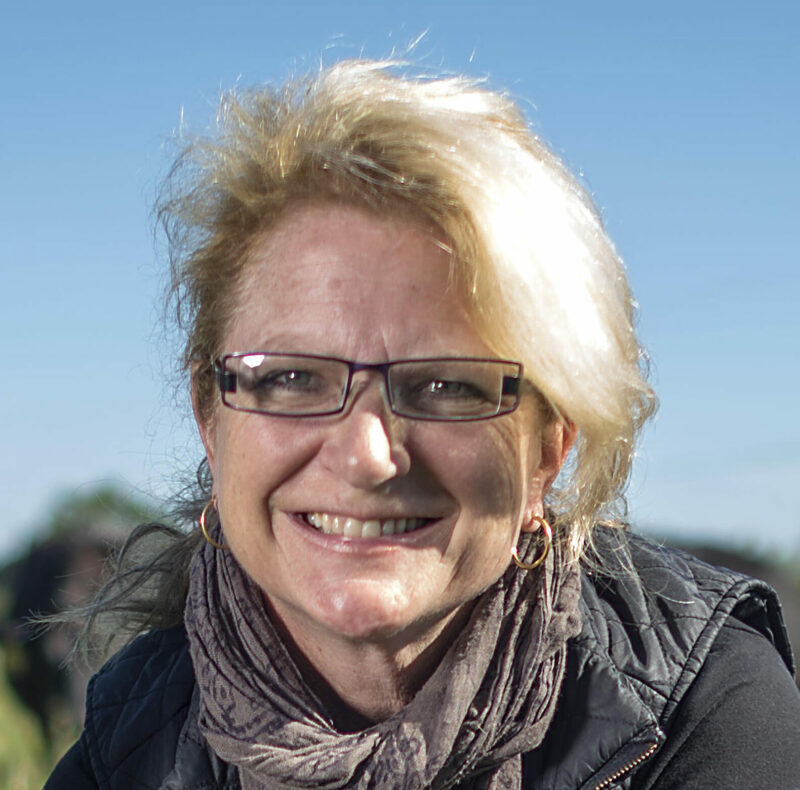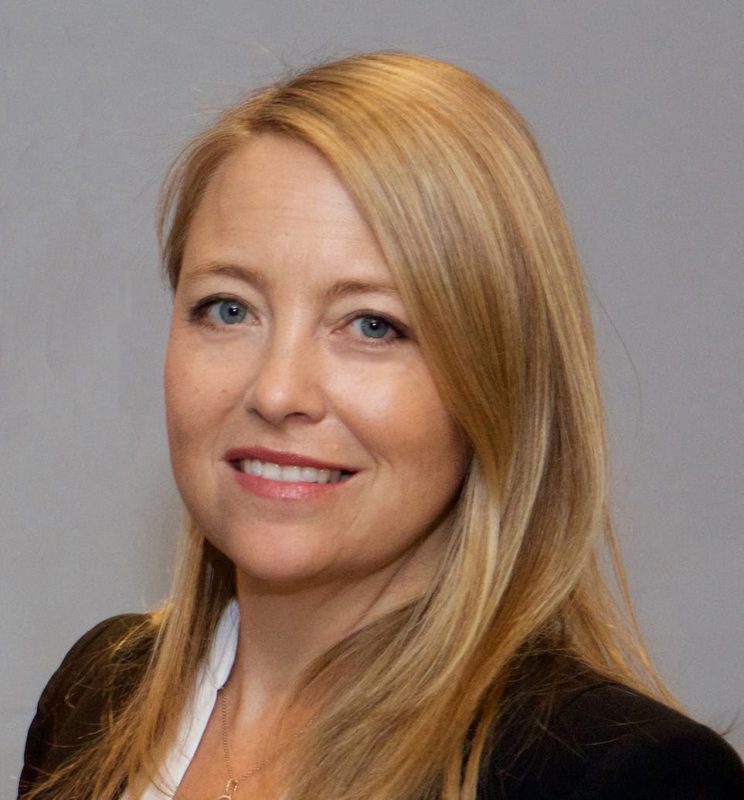Theme: Conservation / Restoring Ecosystems / Biodiversity
Thursday, April 6th
Introduction by Carl Safina, Safina Center Founding President, Ecologist and Author
We have been killing whales for centuries, but we do so now out of ignorance rather than intent. As cetacean pods lose mothers and grandmothers, they lose wisdom inherited across generations on how to survive. Whale researcher Shane Gero will share some of what he has learned from the thousands of hours he has spent in the company of sperm whales, including how fundamentally similar their lives are to our own and how their cultures define their identity, just as ours do. Shane will explain why we need new approaches to whale conservation that recognize the biologically important divisions between different communities of whales, so we can respect their identity and cultural diversity; and how this can be extrapolated to the larger struggle to conserve biodiversity.
April 6th | 10:05 am to 10:27 am | Zellerbach Hall
Introduced by
Keynote
#LandBack has become a rallying cry in Indigenous circles and beyond from coast to coast, but what does #Landback really mean, and how can we be a part of this movement? In this panel, leaders in the #Landback movement will share different approaches to the return and “rematriation” of ancestral territories. For tribal members, the discussion will include organizational, fundraising, and legal strategies. For non-Natives, panelists will share how to be a good ally for #Landback. Moderated by Cara Romero. With: PennElys Droz; Corrina Gould; Tom Little Bear Nason; Kawenniiosta Jock.
April 6th | 3:00 pm to 4:15 pm | Goldman Theater, Brower Center
Panelists
According to a recent World Wildlife Fund report, since 1970 we have lost, on average, roughly 70% of the global populations of mammals, birds, amphibians, reptiles and fish. Scientist activists working tirelessly to reverse this catastrophic trend share their strategies. With: Dave Phillips, co-founder of the Earth Island Institute and Director of its International Marine Mammal Project; Brock Dolman, Co-Director of the WATER Institute and Permaculture Design and Wildlands programs at the Occidental Arts and Ecology Center, and a leader in CA beaver reintroduction; Michelle Lute, Carnivore Conservation Director for Project Coyote. Moderated by Maureen Nandini Mitra, Editor of Earth Island Journal.
April 6th | 3:00 pm to 4:15 pm | Berkeley Ballroom, Residence Inn
Panelists
The rapid increase of extreme heat events in cities is one of the stark indicators of global warming, and the effects of these events vividly expose the grotesque injustice caused by dramatic differences in neighborhood environments. In most major cities, historically “redlined” low-income communities and communities of color typically have less than half the amount of urban forest cover that wealthier communities possess. Lack of urban canopy contributes to an array of inequities including radically disparate outcomes in public health, economic opportunity, education and life expectancy. Today a coalition of NGOs, cities, scientists and community-centered initiatives has converged to create a moment of historic change, leading to massive public investment in urban forestry at 10X the scale ever before seen. Designed as equity-centered community development focusing on jobs and local enterprise creation, this new vision of urban forests will build climatic AND community resilience. Hear from four leaders in this dynamic emergent field: Julia Hillengas, co-founder and Executive Director of Philadelphia’s PowerCorpsPHL; Samira Malone, 27, first-ever Director of the Cleveland Tree Coalition; Amos White, founder and Chief Planting Officer of 100K Trees for Humanity; and moderator Brett KenCairn, Boulder, CO’s Senior Climate and Sustainability Coordinator.
April 6th | 4:45 pm to 6:00 pm | Campanile Room, Hotel Shattuck Plaza
Panelists
Until fairly recently the dominant view among scientists was that non-human animals didn’t manifest real intelligence and certainly didn’t live in dynamic cultures, but, mercifully, those misguided ideas have been entirely demolished in recent years. More and more examples of sophisticated decision making, tool usage, emotional richness and complex social organization in more and more species have come to light (something Indigenous traditions have long held to be self-evident). In this session we will join two major figures in this burgeoning scientific and societal renaissance, one a longtime, world-renowned advocate for animal intelligence; the other a daring, visionary young scientist on the frontlines of research on animal societies, in a discussion about what we know and what we might be able to learn from some extraordinary animals, if we can get beyond our species chauvinism. With: Carl Safina, beloved author of such classics as Beyond Words and Becoming Wild; and groundbreaking whale biologist Shane Gero. Moderated by Kate Golden, science journalist and artist.
April 6th | 4:45 pm to 6:00 pm | Freight & Salvage
Panelists
Indigenous peoples across the Pacific have a deep knowledge of the ocean and its ecosystems acquired from hundreds of generations of observation. Today, commercial farming, overfishing, resource extraction and global warming are destroying the ocean systems and exacerbating the climate crisis. In this panel, three leaders with intimate knowledge of the relationships between land and ocean will discuss how to restore balance to the Pacific and to the planet. Moderated by Alexis Bunten. With: Loa Niumeitolu; Kiana Frank; Andrea Kealoha.
April 6th | 4:45 pm to 6:00 pm | Goldman Theater, Brower Center
Panelists
Friday, April 7th
Yurok and Karuk peoples have been fighting for decades to remove dams on the Klamath River that destroyed riparian ecosystems and decimated salmon populations that underscore traditional lifeways. In 2022, the US government finally agreed to remove four dams and engage in the largest river restoration project in US history. Join us to learn the story of this incredible achievement in tribal activism, groundbreaking tribal partnerships with state and federal governments, and culture-based methods for river restoration. Moderated by Cara Romero. With: Samuel Gensaw, Isaac Kinney and Craig Tucker.
April 7th | 3:00 pm to 4:15 pm | Goldman Theater, Brower Center
Panelists
4:45 pm: “Brazil is Back, but…”—The Lula Administration’s First 100 Days: What Is the Situation Regarding Human Rights and Amazon Protections?
Presented in collaboration with Amazon Watch
After narrowly defeating the rightwing extremist Jair Bolsonaro last year, Lula da Silva began his third presidential term by reaffirming Brazilian democracy, the rule of law, and reinstating critical socio-environmental protections to reverse the Amazonian catastrophe unleashed by his predecessor. Despite these very positive steps, Lula’s administration faces a myriad of challenges as entrenched interests work to undermine its agenda. What does this scenario portend for the future of the world’s largest rainforest? Moderated by Leila Salazar-López, Executive Director, Amazon Watch. With: Christian Poirier, Program Director, Amazon Watch; Indigenous youth activist and media maker Eric Terena (aka DJ Eric Marky); Priscila Tapajowara (Tapajó I Brazil) an Amazon-born Indigenous rights and climate activist, photographer and documentary filmmaker; Ana Paula Vargas, Brazil Program Director at Amazon Watch.
April 7th | 4:45 pm to 6:00 pm | Magnes Museum
Panelists
Saturday, April 8th
California’s $48 billion Climate Commitment in 2022 plus the Federal IRA represent a once in a lifetime opportunity to onshore the supply chains and build the infrastructure needed to transform our economy to carbon neutrality, while creating jobs and justice for the 100%. How can California and tribal nations such as the Torres Martinez Desert Cahuilla Indians partner for an equitable clean energy future rooted in a circular regenerative economy? What would it look like to have the original landowners at the helm of a place-based industrial strategy to onshore an advanced battery and EV manufacturing supply chain to Inland Southern California? With: Jesus Arguelles, Economic Development Director of the Torres Martinez Desert Cahuilla Indians; Rebecca Lee, New Energy Nexus; Bryan Vega, New Energy Nexus. Hosted by: Danny Kennedy, CEO, New Energy Nexus.
April 8th | 3:00 pm to 4:15 pm | Freight & Salvage
Panelists
4:45 pm: Solving the Climate Crisis in One Generation
Presented in collaboration with One Earth
According to the groundbreaking, highly influential organization, One Earth, the solutions to the climate crisis already exist, and there are three pillars of collective action we need to embrace to implement them: a just transition to 100% renewable energy; protection and restoration of half the world’s lands and oceans; and a shift to regenerative food and fiber systems. These goals are daunting, but the good news is that millions of people and organizations around the world are already driving this transformation. How are all these movements connected? How does work in each area grow and thrive with a coherent understanding of the larger systems of change? Join leaders in the three key fields outlined above in a vibrant conversation to explore how both big-picture thinking and slews of on-the-ground practical projects can play a role in solving the climate crisis in time. Hosted by: Justin Winters, co-founder and Executive Director of One Earth. With: Samuel Gensaw III (Yurok) Director of the Ancestral Guard; Cynthia Daley, Ph.D., founder/Director of the Center for Regenerative Agriculture and Resilient Systems at Cal State Chico; and Danny Kennedy, entrepreneur and founder of New Energy Nexus.
April 8th | 4:45 pm to 6:00 pm | Freight & Salvage
Panelists
Keep Your Finger on the Pulse
Our bi-weekly newsletter provides insights into the people, projects, and organizations creating lasting change in the world.
